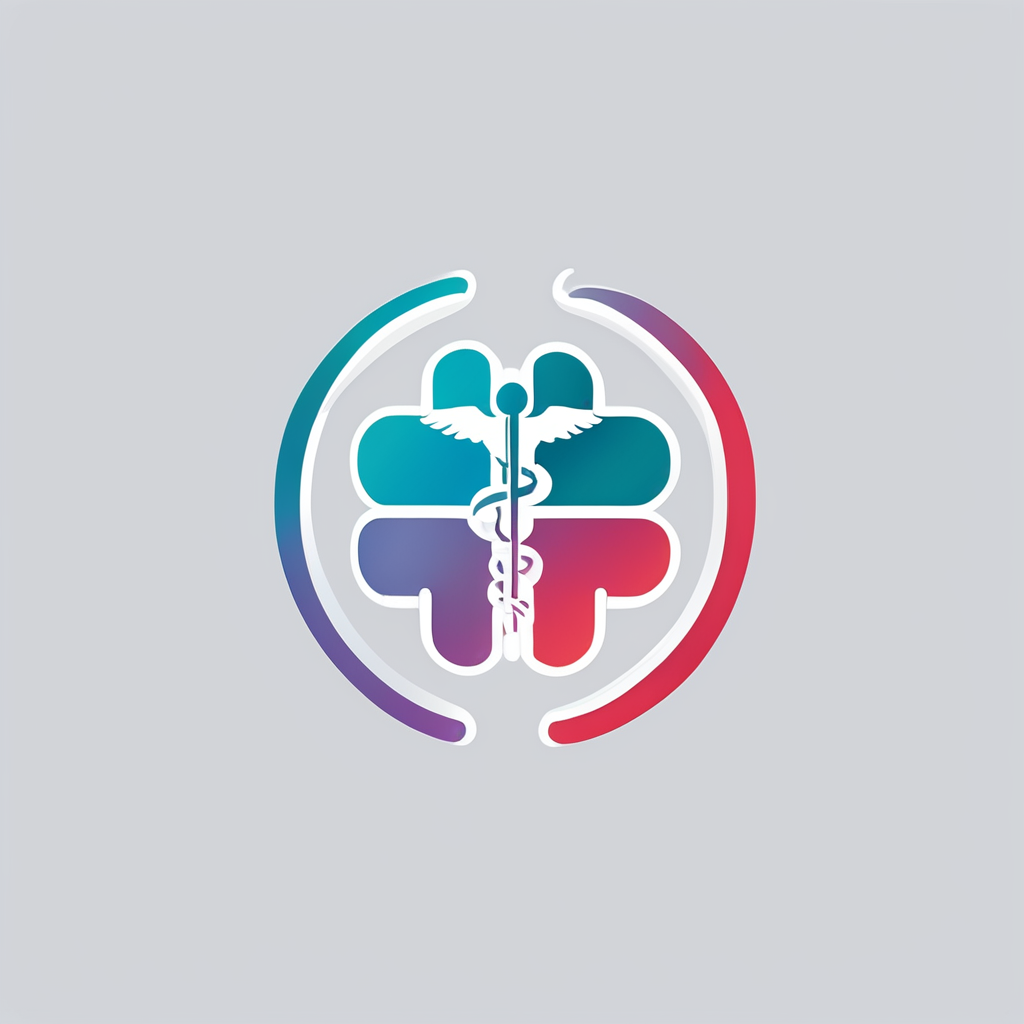In the heart of the United Kingdom, a complex web of health disparities affects marginalized communities and the people within them. Despite the National Health Service (NHS) being a beacon of care and accessibility, systemic inequalities persist. Understanding the role health professionals play in alleviating these disparities is crucial. This article delves into how they contribute, the challenges they face, and the progressive steps being taken to promote equity and access for all.
The Landscape of Health Inequalities
Health professionals operating within the NHS encounter a varied landscape of social and health inequalities. Marginalized groups often experience a lack of access to necessary services, resulting in poorer outcomes. Data indicates that communities based on socioeconomic status, ethnicity, and geographic location shoulder a disproportionate burden.
Also to discover : How can UK health professionals utilize telemedicine to enhance patient care during the COVID-19 pandemic?
Understanding the Disparities
In the UK, marginalized communities confront multiple barriers:
- Socioeconomic Disparities: Poverty and unemployment limit access to services and healthy lifestyles.
- Racial and Ethnic Inequalities: Certain ethnic groups face discrimination, impacting their health outcomes.
- Geographic Barriers: Rural and remote communities often have reduced access to essential healthcare.
Health professionals are at the forefront, tasked with navigating these challenges. Their role extends beyond treatment, encompassing advocacy and community engagement to bridge these gaps.
Topic to read : What strategies can UK health professionals implement to promote mental health awareness in their communities?
Role of Health Professionals in Bridging Gaps
Health professionals are pivotal in addressing health disparities through a multi-faceted approach. Their endeavors in public health, patient care, and community involvement are integral to reducing inequities.
Community Engagement and Education
- Outreach Programs: Health professionals collaborate with local groups to deliver targeted education and services.
- Cultural Competency: Training in this area ensures they address the unique needs of diverse communities.
Collaborative Networks
By working alongside community organizations and public services, health professionals foster a comprehensive support network that enhances access and equity.
Advocacy and Policy Influence
Their insights and evidence-based input play a crucial role in shaping policies that address systemic inequalities. They contribute to reviews and data analysis that inform public health policies.
By combining their professional expertise with a commitment to community welfare, health professionals are instrumental in driving change.
Challenges in Addressing Inequities
Despite their efforts, health professionals encounter numerous challenges in addressing social and health inequalities.
Limited Resources
The NHS often faces resource constraints, impacting the ability to provide equitable care. Budget cuts and staffing shortages strain the system, affecting access to services for marginalized groups.
Data Gaps
Accurate data collection is vital for understanding and addressing disparities. However, gaps in comprehensive data limit the ability of professionals to implement targeted solutions effectively.
Institutional Barriers
Bureaucratic hurdles and outdated systems within the NHS can impede progress. Streamlining processes and improving accessibility are essential for enhancing care for marginalized communities.
Addressing these challenges requires innovative solutions and a collective effort from all stakeholders involved.
Innovative Approaches to Address Inequalities
Health professionals are leveraging technology and new models of care to combat inequalities.
Telehealth and Digital Solutions
- Telehealth Services: Expanding virtual care mitigates geographic barriers and increases access.
- Data Analytics: Utilizing Google and other platforms for comprehensive data analysis supports informed decision-making.
Integrating Community Services
Collaborating with community leaders and groups, health professionals integrate services that are culturally sensitive and accessible.
Personalized Care
Focusing on personalized care plans ensures that patients receive tailored services that consider their unique circumstances.
These approaches reflect a shift towards a more inclusive and responsive healthcare system.
The evidence is clear: health professionals play a critical role in addressing health disparities among marginalized communities. Through community engagement, advocacy, and innovative care models, they champion equity and strive to dismantle systemic barriers. While challenges remain, the commitment to improving access and outcomes for all is unwavering. As these professionals continue to adapt and innovate, the vision of a truly equitable healthcare system moves ever closer to reality.











